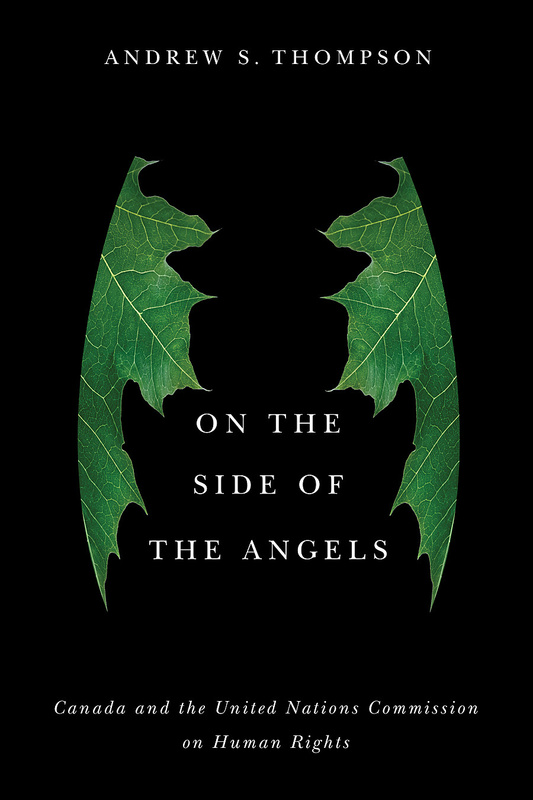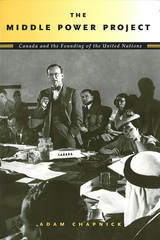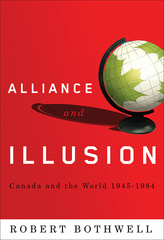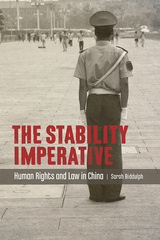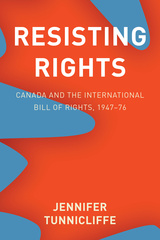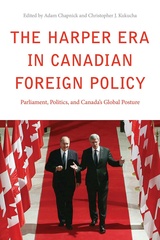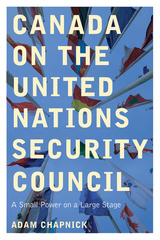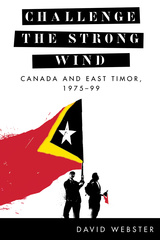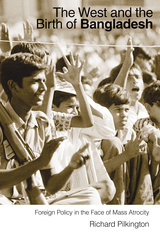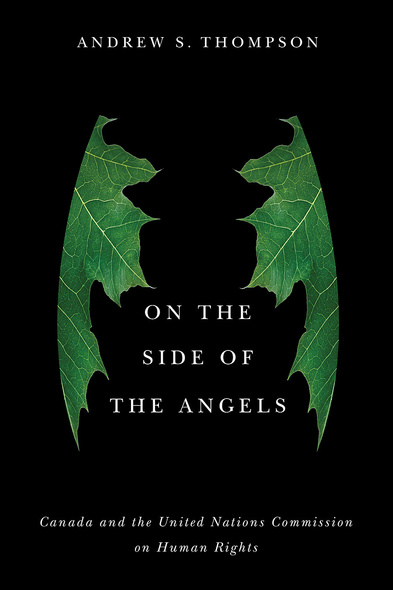
On the Side of the Angels
Canada and the United Nations Commission on Human Rights
When it comes to upholding human rights both at home and abroad, many Canadians would like to believe that we have always been “on the side of the angels.” This book tells the story of Canada’s contributions – both good and bad – to the development and advancement of international human rights law at the Commission on Human Rights (CHR) from its creation in 1946 to its dissolution in 2006.
The CHR gave Canada the opportunity to forge a reputation as a human rights leader, while simultaneously advancing international laws and reforms that served its strategic interests as well as those of its allies. This book scrutinizes this reputation by examining Canada’s involvement in a number of contentious human rights issues – political, civil, racial, women’s, Indigenous, and, in particular, the response to mass human rights violations. It finds that Canada’s record was mixed, its priorities motivated by a variety of considerations, both domestic and international.
An in-depth historical overview of six decades of Canadian engagement within the UN human rights system, On The Side of the Angels offers new insights into the nuances, complexities, and contradictions of Canada’s human rights policies. It also reveals that, despite its limitations, the international human rights law established at the UN offers the best hope of a world in which all citizens are able to enjoy a dignified existence.
This book will be of interest to scholars and students of international human rights law, the history of Canadian foreign policy, and international relations.
Overall, Thompson charts the ups and downs—and eventual collapse—of the UNCHR. He does so from the vantage point of a middle power, whose officials were often frustrated by the inaction of the great powers and by the seeming overactivity of the smaller states of the Global South. In sum, On the Side of the Angels is a detailed and well-researched analysis that marks an important addition to the growing history of Canadian international human rights and the human rights revolution more generally.
On the Side of the Angels makes an important contribution to the existing scholarship by situating Canada and Canadian history into the broader study of the development of global human rights, something that has been lacking.
This is a well-researched and fair-minded account of how Canada contributed to and interfered with the operations of the UNCHR at different points in its evolution. In it, Canada is revealed to be a state like most others: sometimes forward thinking and sometimes retrogressive. It is a balanced portrayal that neither glorifies Canada’s role nor seeks to ‘deconstruct’ it in a superficially critical way.
Andrew S. Thompson has written a fascinating account of the evolving role Canada has played in the United Nations human rights system since the 1940s. Deeply researched and written with aplomb, On the Side of the Angels will have considerable impact.
In looking deeply into Canadian diplomacy, Andrew S. Thompson shines a light on the inconsistencies of Canadian policy-makers as they struggled to advance human rights globally, while being reluctant to submit Canadian practice to international scrutiny. Nonetheless, he finds that Canada has usually been on the side of the angels, a happier place than the alternative.
Foreword / Alex Neve
Introduction
1 Ideologies, Interests, and the “Impracticalities” of International Human Rights Law, 1946–54
2 Tackling Racial Discrimination, 1963–65
3 Tehran and the Struggle for Control of the UN Human Rights Agenda, 1967–68
4 Gross Violations and the Foxes that Guard the Hen House, 1975–79
5 The Rights of Indigenous Peoples, 1982–84
6 Apartheid and the Perils of Casting Stones, 1989–93
7 Equality Rights and the Prohibition of Violence against Women, 1991–94
8 Mass Insecurity and the Demise of the Commission, 1995–2006
Conclusion
Notes; Selected Bibliography; Index

